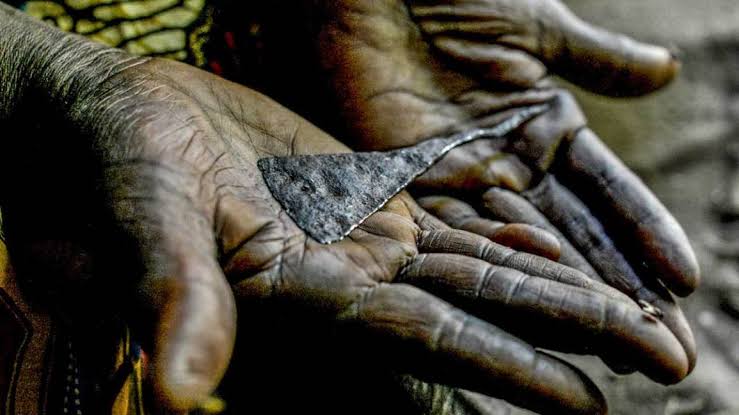By Kevin Mwangi
NAIROBI, Kenya, May 20- In 2018 a clash between traditionalists and parents on how and when to circumcise boys left a string of casualties in the Mount Kenya region.
There were also fears that the mandatory rite of passage for boys had been hijacked by criminal gangs that forcibly circumcised boys as young as ten and used lethal violence on initiates.
Investigations by The Standard indicated that parents of teenage boys in Mt . Kenya region were torn between entrusting their sons to churches to organise circumcision rites and surrendering them to relatives in villages where some diehard traditionalists subjected them to violence, sex, and drugs.
Going by the definition provided in the Prevention of Torture 2017, this is clearly torture however the act explicitly states that torture can only be perpetrated by public officials hence gangs cannot be prosecuted under the act.
The Act falls short in aligning itself with the constitution as well as contextualizing the United Nations Convention against Torture to the Kenyan situation.
During the 2007-2008 post-election violence the outlawed Mungiki group allegedly subjected Luo Men to forced circumcision, penile amputation and castrations using broken bottles, pangas, and knives, and fast forward to 2018 gangs are still perpetuating violence among the citizens.
However, the Courts have seen the Gap in the Act and have pronounced themselves that Civilians can indeed commit the Act of Torture.
A guard was tortured by the manager at his duty station after an item that was being sold at the garage, he was assigned to provide security went missing.
He went to court stating that section 4 of the Prevention of Torture Act, 2017 which limits the act of torture to a vertical basis (state and citizens) does not accord with the Constitution which advocates for the application of the Bill of Rights in both a vertical and horizontal (between private citizens) manner hence its unconstitutional and the Court agreed with the petitioner.
The Application of the Bill of rights should be enforceable between the relationships of private citizens and that of the state and private citizens.
Previously a Constitution was meant to regulate the relationship between the individual and the State.
It was reasoned that the State is more powerful than the individual and there was a need to check the deployment of State powers.
Newer constitutions like the Kenyan Constitution2010 now appreciate that private abuse of human rights can be equally as harmful as violation of rights by the State. The Courts have remedied a gap in enforcement of rights contained in the Constitution especially with Torture being a non-derogable right.
Most Countries in Africa still subscribe to the definition given by the United Nation Convention against Torture that act has to be state instigated, only Uganda has expounded the definition to include both state and private citizens.
The drafters of the International Convention Civil and Political Rights however adopted the definition that both private citizens and state officials can perpetrate torture.
This disparity between the United Nation Conventions has led to a lot of confusion in regards to the definition of torture even as most African countries aim to coming up with national legislation which they heavily borrow from international instruments.
The rate of prosecution using the Act remains relatively low as well as its implementation but the Government went before the United Nations Human Rights Committee in March during the 4th Periodic Review and stated that a task force was in place to spearhead the implementation of the Prevention of Torture Act.
With this Judgement from the High Court, the task force should ensure its full implementation to ensure that all survivors and victims are able to access reparation.
The Author, Kevin Mwangi is an Advocate of the High Court of Kenya and an expert member of the Working Group On the Death Penalty, Extrajudicial, Summary or Arbitrary Killings and Enforced Disappearance in Africa at the African Commission on Human and Peoples’ Rights.
Want to send us a story? Contact Shahidi News Tel: +254115512797 (Mobile & WhatsApp)


